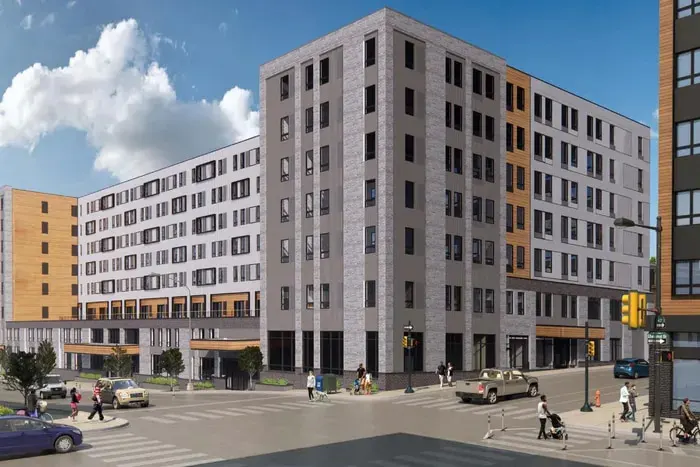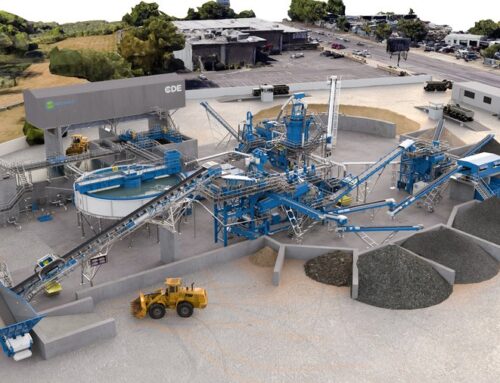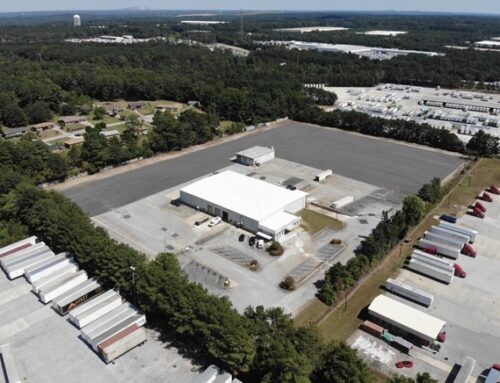Philly planning officials expect more big real estate projects in 2022 despite property-tax break’s partial lapse
Last year saw a record 90 construction projects go before Philadelphia’s Civic Design Review board.
Officials in Philadelphia expect to see continued large numbers of major construction projects in 2022, despite a partial lapse of a tax incentive at the end of last year that made some real estate development more profitable.
Last year saw a record 90 construction projects go before the Civic Design Review board, which is tasked with offering non-binding suggestions on Philadelphia’s biggest development proposals as part of the city’s building-approval process, officials with the Department of Planning and Development said in a Tuesday briefing.
The surge, to about double the number reviewed by the panel most years, came as developers raced to take full advantage of the city’s 10-year property tax abatement for new construction, officials said. Beginning Jan. 1, the city began phasing out the abatement by reducing its value by 10% a year.
Artist’s rendering of the Durst Organization’s first Philadelphia project, which is slated to rise north of the Benjamin Franklin Bridge near the Delaware River waterfront, as seen looking south along Christopher Columbus Boulevard.Read moreHandel Architects Major projects reviewed by the CDR board last year included the 275-unit apartment building planned by Alterra Property Group at 4301 Chestnut St., an apartment building with 330 residential units being developed by Southern Land Co., at 416-38 Spring Garden St., and the Durst Organization’s proposal for a 360-unit residential building on a formerly city-owned lot between Vine and Callowhill Streets on North Christopher Columbus Boulevard.
With interest rates on construction loans low and most of the property tax abatement still in place, development appears set to continue apace in the year to come, said Eleanor Sharpe, executive director at Philadelphia City Planning Commission.
“Money is still cheap in the marketplace,” she said. “So even though the tax abatement has been modified, there are going to be people taking advantage of what it is today as opposed to what it is next year.”
Because of this anticipated activity and a backlog of projects remaining from last year, planning officials intend to enforce stricter deadlines and other measures aimed at giving staff more time to handle applications for new projects.
The biggest change is that developers are being told to submit their projects for review by the CDR board four weeks before scheduled hearing dates, rather than the three weeks permitted in past years.
“We want to make sure the development community has all the predictability it can have to go through this process as smoothly as possible,” said Beige Berryman, a Planning Commission manager.
Published
Jan. 5, 2022





